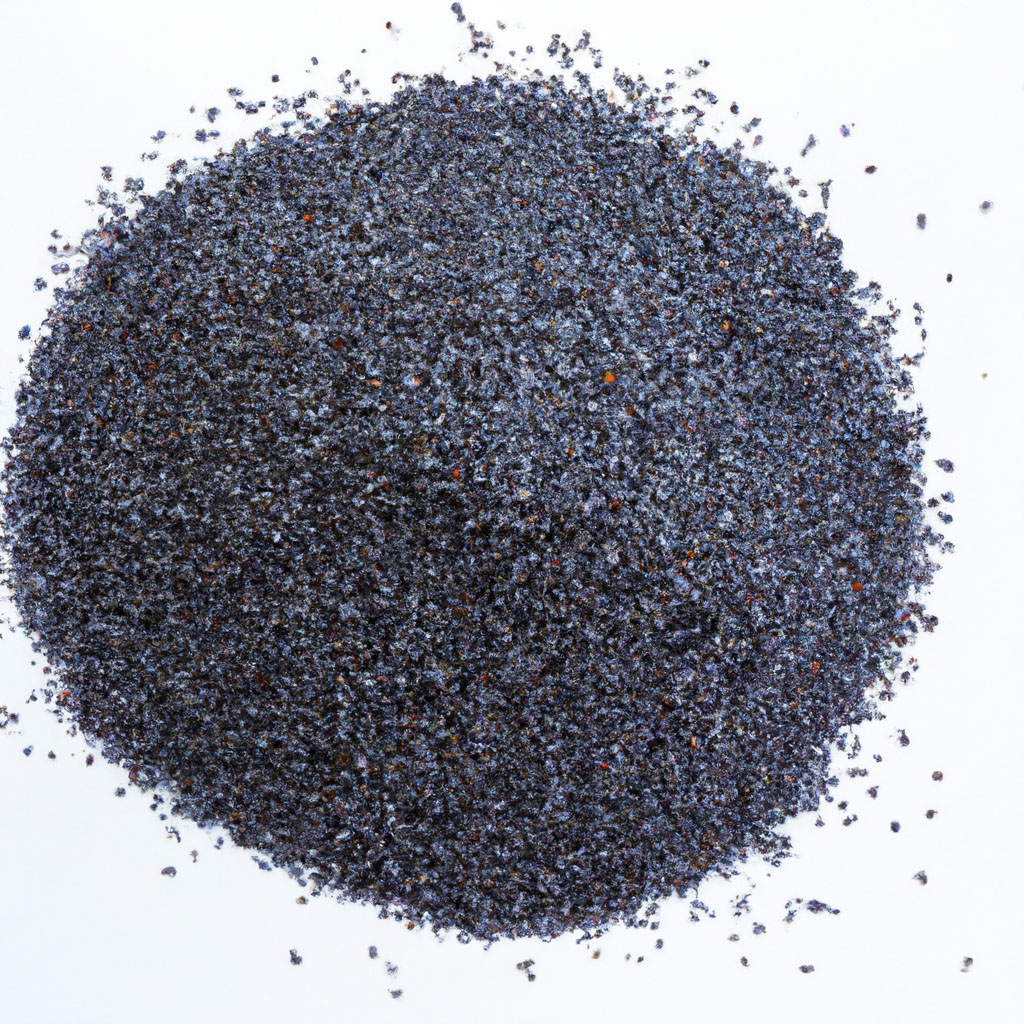Botanical Name: Papaver somniferum
Poppy seeds are tiny, oil-rich seeds derived from the opium poppy plant, native to the Eastern Mediterranean but now cultivated in many parts of the world. The seeds contain only trace amounts of opiates, making them safe to consume in culinary amounts. These small, kidney-shaped seeds are typically black, gray, or bluish in color and are prized for their nutty flavor and crunchy texture. Poppy seeds are commonly used in baking, cooking, and even in the production of oils, offering both culinary and nutritional benefits.
Poppy seeds have a mild, nutty taste with a slightly sweet undertone, which makes them a versatile ingredient in many dishes. Their flavor is subtle but becomes more pronounced when toasted or ground, releasing their natural oils and intensifying their nuttiness. The seeds also have a pleasant crunch, which adds texture to baked goods and salads.
In baking, poppy seeds are a popular addition to breads, pastries, and cakes. One of the most well-known uses is poppy seed bagels or muffins, which provide a distinctive crunch and flavor. Poppy seeds are also used in traditional recipes like Eastern European poppy seed rolls and cakes, such as the Polish makowiec and Hungarian bejgli. In these desserts, the seeds are often ground into a paste with sugar or honey, creating a rich, filling layer.
In savory cooking, poppy seeds can be sprinkled over salads, added to dressings, or used as a crust for meat or fish. Their mild flavor complements spices and herbs without overpowering other ingredients, making them ideal for a range of dishes from curries to casseroles. In Indian cuisine, ground poppy seeds are used as a thickening agent in curries and sauces, adding richness and a subtle nuttiness.

